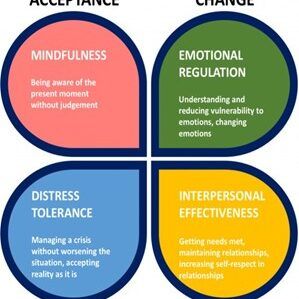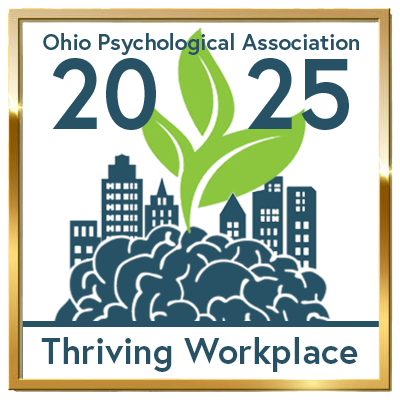CARE PATHWAY
PROGRAM OVERVIEW
The Care Pathway Program overseas the ongoing implementation and improvement of clients at-risk for suicide and self-harm; implementation, maintenance and management of the Zero-Suicide Project.
C&A offers DBT informed treatment services designed for clients aged 13 years and older who are exhibiting significant difficulties regulating their emotions.
C&A offers DBT informed therapy as part of the Care Pathway to address significant mood dysregulation, the inability to appropriately manage emotional responses. Adolescents may be appropriate for DBT informed services if they are exhibiting any of the following:

If an adolescent is experiencing any of the symptoms listed above and these symptoms are creating difficulties in an adolescent’s everyday functioning, DBT informed therapy services can teach them the skills they need to respond to their intense emotions in productive ways to get those emotional needs met.
- Extreme mood swings
- Making your own problems worse
- Black and white thinking
- Poor boundaries
- Quick to “fly off the handle”
- Stormy relationships
- History of self-abusive behaviors including but not limited to cutting, suicidal thinking/attempt, extreme food issues or substance abuse
ASSESSMENT
Clients will undergo a comprehensive diagnostic assessment to identify the appropriate level of care. The youth will then be placed into an appropriate Care Pathway for treatment depending on their needs and/or risk as identified in the assessment. The assessment of needs/risk is an ongoing process during client participation in DBT informed services. Referral to the program can occur immediately following assessment or the client can be identified as being appropriate for DBT informed services while involved in treatment with another program at C&A.

TREATMENT
This program provides Dialectical Behavior Therapy (DBT) informed care through the utilization of the philosophy and principles of DBT, including the dialectic, mindfulness, emotion regulation skills, distress tolerance, and interpersonal effectiveness. The dialectic helps to examine and work with opposing thoughts or views the client may hold, both of which can be true. The rest provide skills of how to be in the moment, manage emotions, navigate distress, and improve interpersonal skills. All of this helps to reduce risk behaviors and improve general well-being. The Zero Suicide Framework principles provide for the ongoing assessment and management of the client’s needs. It also serves as a guide for the growth and maintenance of the program and its standards. .
The focus of informed treatment is to teach and equip clients with the skills they need to be able to manage intense emotions, increase healthy responses to these emotions, and reduce at risk behaviors.
In individual therapy we also use measures to help monitor ongoing needs through discussion and measures to help identify ongoing ideations and significant impacts of mood. We then work to specifically treat ideations with the Collaborative CAMS Care treatment approach working through aspects of psychological pain, stress, agitation, hopelessness, and self-hate. These inform unique interventions to the client in helping to manage and resolve suicidality. For aspects of safety, we work with the Stanley Brown Safety Plan to help prepare to address crises, and the CALM Harm program to help reduce access to lethal means.
DBT Group and individual DBT informed therapy services are offered through this program. Participation in the DBT Group requires a client to also participate in individual therapy as part of the DBT informed treatment model. Appropriateness for group treatment will be based on assessment of the client’s needs and functioning by the assessor or the individual therapy provider.
HOW TO ACCESS SERVICES
If not currently participating in services with C&A, the first step is to set up an intake appointment by calling a C&A office. You will then be scheduled for an appointment with an assessor to complete a Comprehensive Assessment. Once this assessment is completed, the assessor can recommend the appropriate services and make the needed referrals.
Current C&A clients can be referred to DBT informed services by their ongoing C&A provider as appropriate based on the client’s symptoms and functioning.
WHO DOES DBT SERVE?ADDITIONAL SUPPORT
The DBT program serves youth in Stark County and the surrounding communities. Services provided are outpatient services and not crisis services.
Services that are also available to those participating in the program include Peer Support Services and services for treatment of substance use disorders.
DOING BETTER TOGETHER GROUP
Doing Better Together group therapy is a Dialectical Behavior Therapy (DBT) informed group to help clients deal with difficult emotions, thoughts, and behavior.





